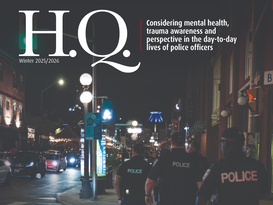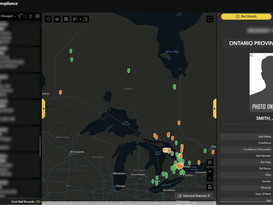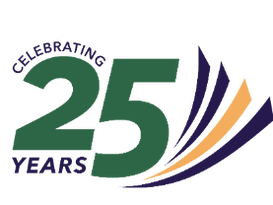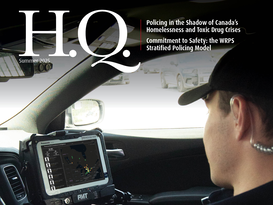HQ Magazine
OACP Online Media Hub




The 2025 International Association of Chiefs of Police (IACP) Conference in Denver, Colorado October 18th-21st, 2025, brought together police leaders, researchers, and innovators from around the world to exchange ideas and showcase advancements shaping the future of law enforcement.


Investigative genetic genealogy (IGG) is solving crimes that once seemed unsolvable. This new investigative technique can provide long-awaited answers to victims and families. It can enhance public safety, hold offenders to account for serious crimes, and in some cases, exonerate the wrongfully convicted.


Artificial intelligence (AI) is transforming numerous sectors, and policing is no exception. As technology advances, police organizations are increasingly adopting AI to enhance decision-making processes and improve crime prevention efforts.


A new level of for front-line officers and investigators operational awareness to access the information they need and public safety is regarding offenders who are out on coming to policing in bail for firearms-related offences. Ontario with the rollout of the Provincial Bail Compliance This situational awareness and Dashboard (PBCD). Originally designed investigative tool is now available for and built by the Toronto Police Service all Ontario police services who wish (TPS),


Mental health and well-being are fundamental to the overall health of police officers and civilian members. By strategically prioritizing well-being, police services can support a healthy workforce from “hire to retire.” Improving police wellbeing starts with the development and delivery of a data-driven wellbeing strategy. The process of building a well-being strategy can be daunting, but by following a few simple steps, organizations can ensure their strategies are effectiv


As police leaders continuously strive to improve the efficiency and effectiveness of public safety within their communities, they are increasingly adopting new, innovative, data-driven approaches that not only solve crime but aim to prevent it before it occurs.


Ontario police services are tasked with a growing array of responsibilities today, many of which officers likely never anticipated would be a major part of their job. The police’s role in responding to Canada’s homelessness and toxic drug crises and, more specifically, the proliferation of homeless encampments or “tent cities” has emerged as a major new challenge for today’s police professionals


Futureproofing our Police Organizations: A Leader’s Privilege and Responsibility


Starting a new career is always an exciting decision, but when it is driven by passion and a desire to help others, it becomes something truly meaningful. If you have ever dreamed about making a difference in your community, now is the perfect time to take that first step.


Celebrating 25 Years of Transformative Police Leadership: The OACP and Rotman School’s Enduring Partnership


Link here for edition in flip book format.